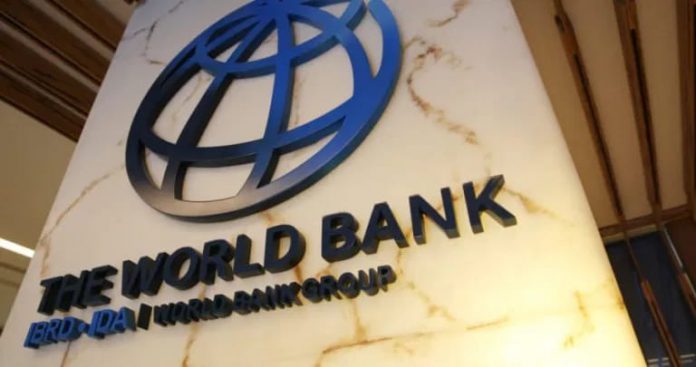The federal government has questioned the report of a survey conducted by the World Bank which claimed that 78 percent of power consumers in Nigeria get less than 12 hours of daily supply of electricity.
Leadership reported that according to a statement issued by the special adviser to the president on Infrastructure, Mr. Ahmad Rufai Zakari, the FG said, it is unclear what empirical evidence the World Bank used to arrive at the figures, insisting that, power distribution to consumers is steadily improving.
Reacting to the ‘Power Sector Recovery Programme Opinion Research Fact Sheet’ released by the World Bank on Friday, Zakari said, it is inaccurate to make a blanket statement that 78% of Nigerians have less than 12 hours daily access.
“It is inaccurate to make a blanket statement that 78% of Nigerians have less than 12 hours daily access. The data from NERC is that 55% of citizens connected to the grid are in tariff bands D and E which are less than 12 hours supply. Those citizens are being fully subsidised to pre-September 2020 tariffs until DIsCOs are able to improve supply. There is a N120 billion CAPEX fund from CBN for DIsCOs to improve infrastructure for these tariff classes similar to the metering programme that is ongoing,” he explained.
Zakari also negated the aspects of the World Bank report which claimed that 58 per cent of electricity consumers in the country do not have metres to measure electricity use, dismissing the data as unverifiable.
“It is unclear who did this survey and what the timeframe is. All citizens that have gotten free meters report they are happy about the reform trajectory. To date, more than 600k meters have been delivered to DISCOs out of the 1 million in phase 0 with installation ongoing. Meters are sourced locally and are creating jobs in installation and manufacturing/assembly,” he emphasized.
Zakari clarified that the Service Based Tariff ensures that citizens pay more only when and if they are receiving high quality of service.
He stated that his office enjoyed a robust working relationship with the World Bank, therefore, he was surprised that such a report would be released without input of other critical stakeholders.












